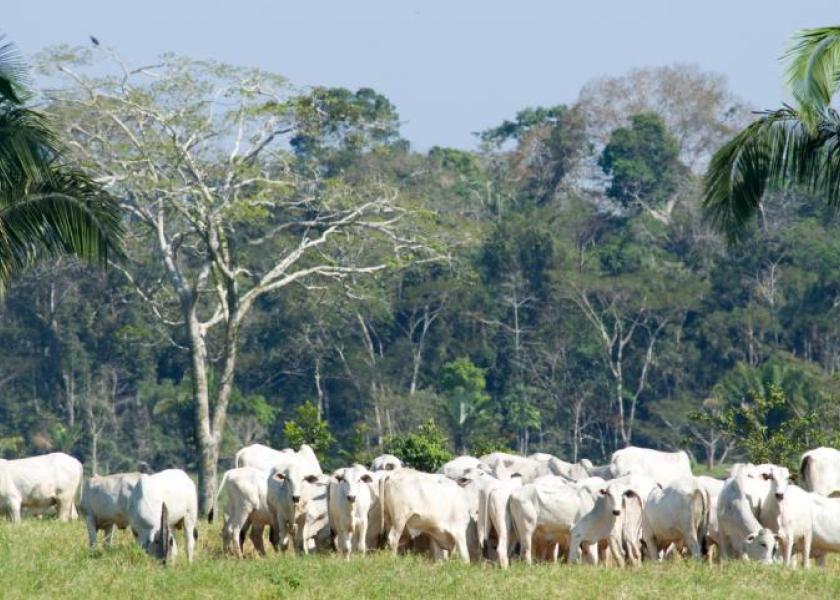Brazilian Cases of BSE Halt Beef Exports To China

Brazil has suspended beef exports to China after confirming two cases of “atypical” bovine spongiform encephalopathy (BSE) in two separate domestic meat plants, the agriculture ministry said on Saturday.
Brazil is the world’s largest beef exporter and China is its top customer, buying more than half the country’s exports. The suspension, which is part of an animal health pact agreed between China and Brazil and is designed to allow Beijing time to take stock of the problem, begins immediately, the ministry said in a statement. China will decide when to begin importing again, it added.
The cases were identified in meat plants in the states of Mato Grosso and Minas Gerais, the ministry said. It said they were the fourth and fifth cases of "atypical" BSE that have been detected in Brazil in 23 years.
“Atypical" BSE develops spontaneously and is not related to eating contaminated foods. Brazil has never had a case of "classic" BSE, according to the agriculture ministry.
The two cases were confirmed on Friday after samples were sent to the World Organization for Animal Health (OIE) lab in Alberta, Canada. The OIE had subsequently been informed of the two cases, in compliance with international norms. The ministry said there was no risk to animal or human health.







